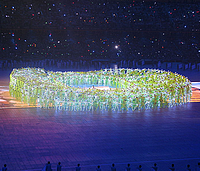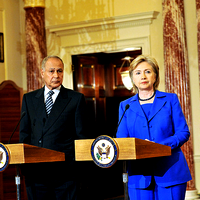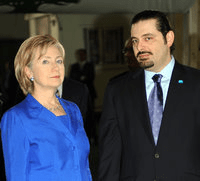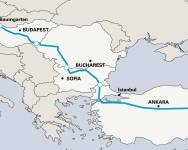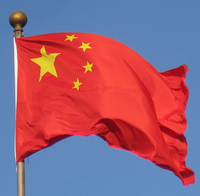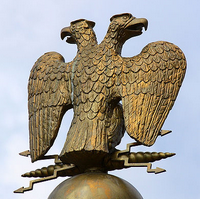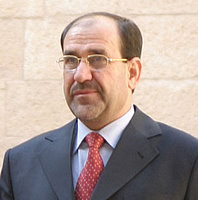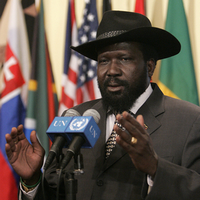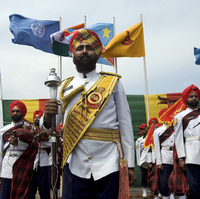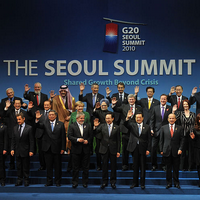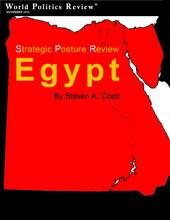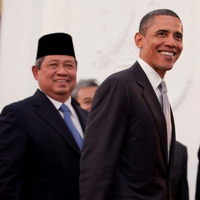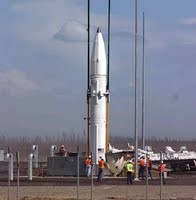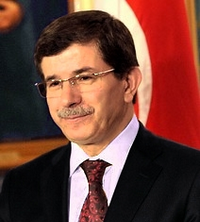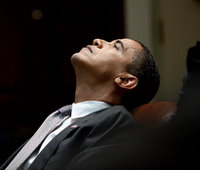
It is very likely that come the end of November, after a busy month traveling to Asia and Europe, President Barack Obama will have emerged with few decisive victories to burnish his image after the “shellacking” he took in the midterm elections. Instead, Obama and his team will have to adjust to some hard realities. Though the new Congress will not be seated until January 2011, we are already seeing changes in the political climate in Washington that will test the administration’s ability to show, both to Americans and to other governments, that the executive branch is still in the […]

